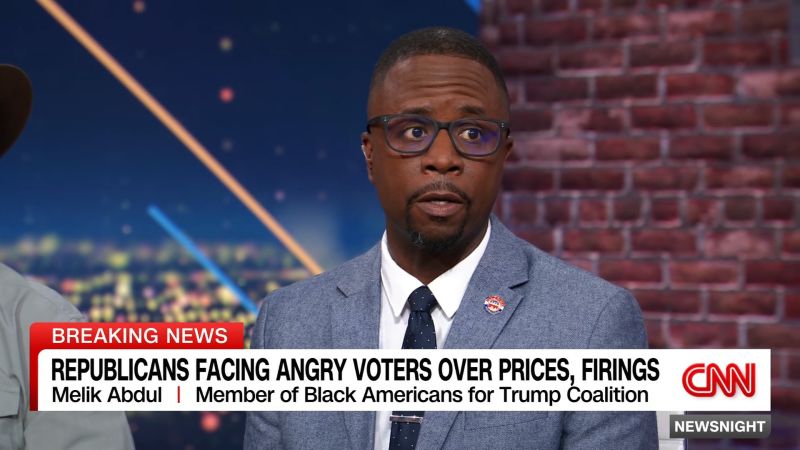Judicial Halt: Federal Judge Strikes Down Trump's Diversity Program Crackdown

In a significant legal setback for the Trump administration, the Supreme Court has delivered a decisive ruling that prevents the immediate removal of a key independent agency leader responsible for investigating whistleblower complaints. The court's decision effectively maintains the status quo, ensuring the agency head remains in their position for the time being.
Simultaneously, a federal district court judge has struck down another Trump administration action, blocking an executive order that sought to dismantle diversity, equity, and inclusion (DEI) programs across various institutions. This ruling represents a critical victory for advocates of workplace diversity and equal opportunity.
These legal developments underscore the ongoing tensions between the executive branch and judicial system, highlighting the important role of checks and balances in protecting institutional integrity and individual rights. The rulings demonstrate that executive actions can be challenged and potentially overturned when they are deemed to exceed appropriate legal boundaries.

